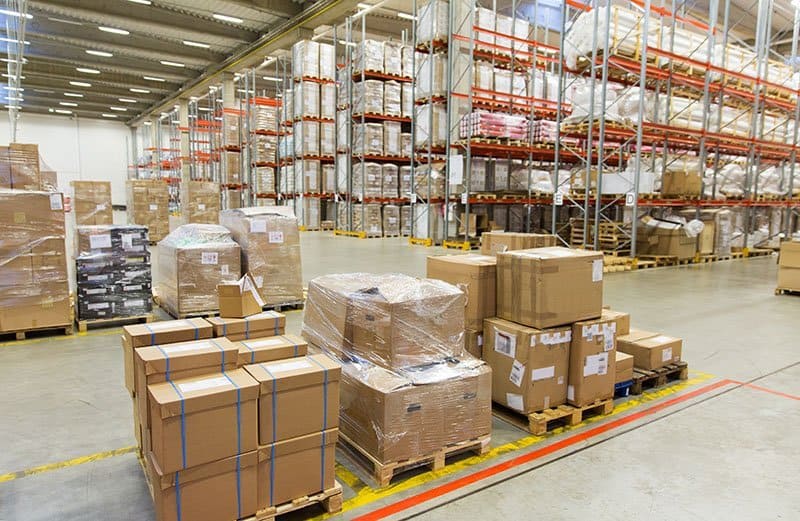The rapid development and adoption of new and innovative technologies are changing the manufacturing landscape at a rapid rate. Organizations that fail to keep up with trends will inevitably be left in the wake of those who do.
Manufacturing leaders must accelerate the pace of innovation and seize upon the growth opportunities that arise from industry disruptions
Within a few years, factories across multiple industries will become high-tech engines that are fuelled by the convergence of technologies such as artificial intelligence, connected platforms, and 3D printing.
As these advancements to Manufacturing 4.0 take root, manufacturers must be prepared for disruption. The industry needs to manage the challenges of an aging workforce, an exponential increase in data and increasing cybersecurity vulnerabilities. In the midst of these transformations, the question needs to be asked: how should manufacturing enterprises respond to and prepare for the disruptions ahead?
A new white paper from Frost & Sullivan’s Manufacturing Leadership Council, VISION 2030: The Factory of the Future, provides some insights on how manufacturing leaders can navigate the complexities of Manufacturing 4.0 and capitalize on the expected growth opportunities that will help the industry redefine the future.
Click here to download the white paper.
“Vision 2030: The Factory of the Future’s framework is a compelling approach to examine industry transformation scenarios,” said Vice President – Growth Implementation at Frost and Sullivan, Sath Rao. “While frameworks help synthesize a systematic approach to covering all bases, it is important for manufacturing leaders to understand and act on the transformative nature of disruptions and focus on big ideas”.
As manufacturing becomes increasingly connected and information-intensive, every aspect of the enterprise is likely to be affected. Manufacturers will need to be confident that the connected world will remain safe and secure. In addition, the need to train next-generation employees to use new and advanced technologies, including generating insights from exponential Big Data, will require a major change in mindsets with a vision towards the future.
“Technology transformations and business enablers are accelerating disruptions and provide an opportunity for forward-looking manufacturing leaders to seize change,” said Rao.
Overall, while incremental improvements can be achieved by leveraging digital tools, significant growth can be made if leaders focus on identifying big transformative ideas, similar to cognitive manufacturing. It is up to manufacturers to remain aware of these disruptors and take advantage of their growth potential.






